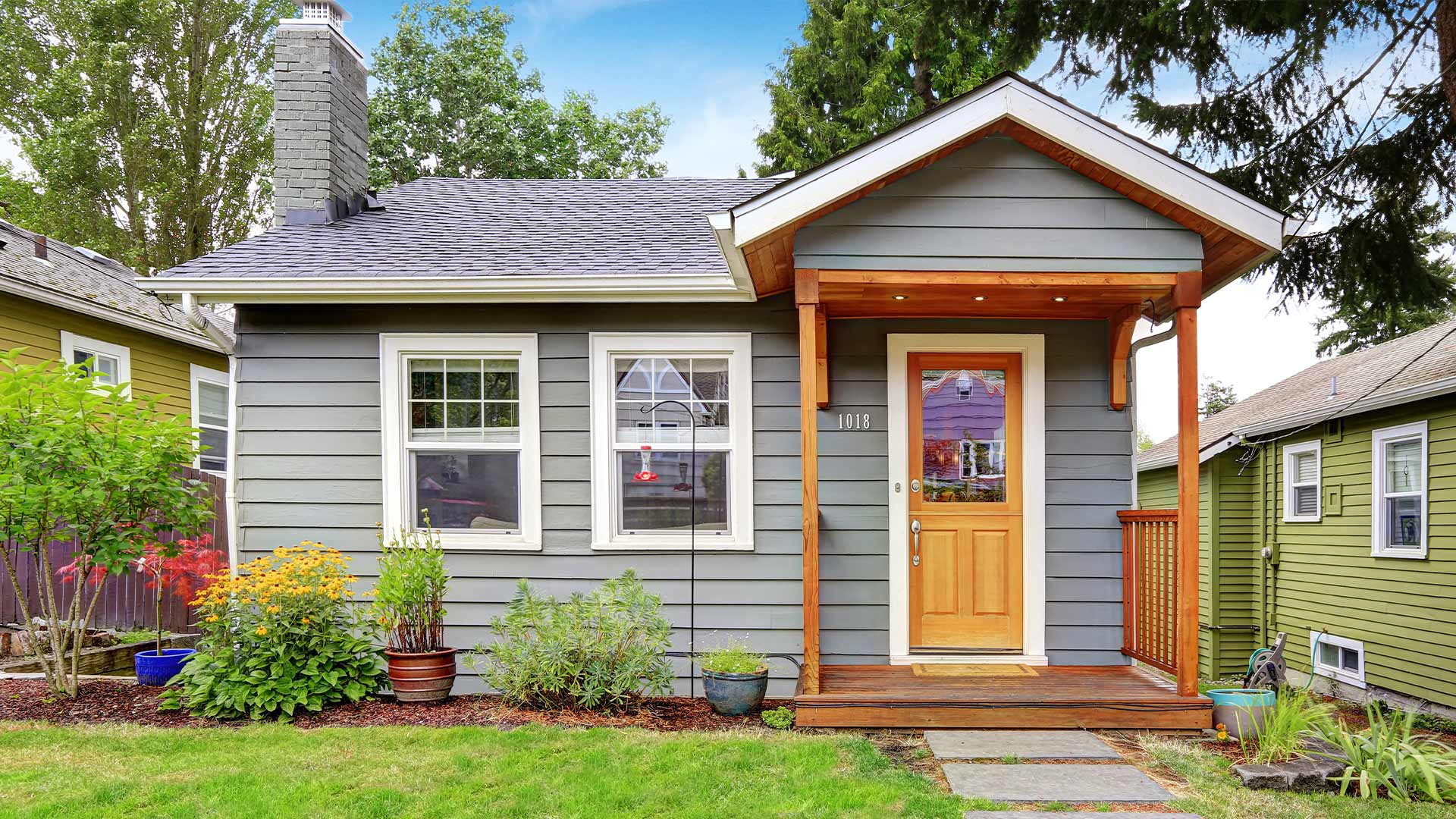
HUD homes are properties acquired by the U.S. Department of Housing and Urban Development (HUD) through foreclosure. These homes, often sold at a discount, can present unique opportunities for both first-time homebuyers and investors.
Understanding HUD Homes
HUD homes originate from properties financed with FHA-insured mortgages where the homeowner defaults on their loan payments. HUD then acquires the property and prepares it for resale.
Finding HUD Homes for Sale
HUD homes are listed on the official HUDHomestore.gov website. This online platform provides detailed information about available properties, including photos, property descriptions, and bidding instructions.
The Bidding Process
The bidding process for HUD homes can be competitive.
- Bidding Periods: HUD homes typically have specific bidding periods, and offers are submitted electronically through the HUDHomestore.gov website.
- Offer Considerations: Factors such as the offer price, the buyer’s financial qualifications, and the proposed closing date are all considered during the bidding process.
- Acceptance of Offers: HUD reviews all offers and selects the most suitable bid based on a variety of factors.
The Importance of Due Diligence
Buying a HUD home requires careful due diligence.
- Property Inspections: It’s crucial to conduct thorough property inspections to identify any potential issues, such as structural problems, plumbing issues, or electrical hazards.
- Neighborhood Research: Researching the neighborhood is essential to understand its safety, amenities, and overall desirability.
- Financial Preparedness: Securing financing for a HUD home may require specific underwriting guidelines.
Potential Benefits and Challenges
Buying a HUD home can offer several potential benefits, such as:
- Potential for Significant Savings: HUD homes are often priced below market value, offering the potential for significant savings.
- First-Time Homebuyer Opportunities: HUD offers various programs to assist first-time homebuyers in purchasing HUD homes.
- Investment Potential: HUD homes can be a viable investment opportunity for those looking to rent or flip properties.
However, there are also potential challenges associated with buying a HUD home:
- As-Is Sales: HUD homes are typically sold “as-is,” meaning the buyer is responsible for any necessary repairs or renovations.
- Competitive Bidding: The bidding process for HUD homes can be competitive, and there’s no guarantee that your offer will be accepted.
- Potential for Hidden Issues: Despite inspections, there may be unforeseen issues with the property that could require costly repairs.
